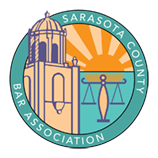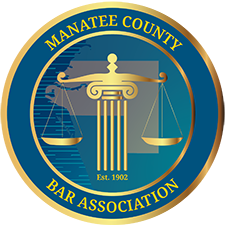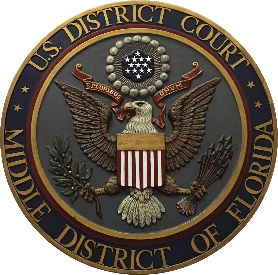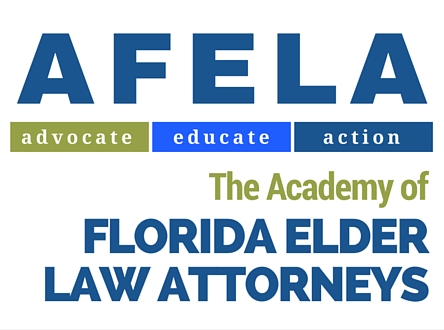Last Will and Testament in Florida
Our Sarasota Attorneys Prepare For You Your Last Will & Testament
A will is a way for you to control what happens to your assets when you die. You are the Testator and specifically articulate how you want your assets distributed. You can choose not to leave a specific heir any of your assets.
In your will, you name a personal representative who has the duty of making sure your wishes are followed. There are certain requirements that must be met in order for a will to be valid. There are also methods you can use to create a trust within a will that may help your heirs legally avoid taxes or at least minimize them. In your will, you may also name a guardian to care for your minor children.
If you fail to leave a will, you are said to have died intestate. This means the state will decide how your assets are dispersed according to certain Florida Legal Codes. It will not matter what anyone says about your wishes and the court will not respond to anyone who objects to the way the assets are distributed. The law follows a rigid formula for how to distribute assets when a person dies intestate.
To avoid the state determining how your hard-earned assets are divided, call our attorneys at our Wills, Trusts, Probate and Elder Law Firm, PLLC in Sarasota, Florida, so we can help you with preparing your valid will.
Important Frequently Asked Questions on Last Will & Testaments
- Testator (Male) / Testatrix (Female): You, the person creating/signing the document are called the “Testator” or “Testatrix”.
- Personal Representative: The person you nominate to handle your estate is called the “Personal Representative”. You may be familiar with the term “executor/executrix” or “administrator/administratrix” used in other states. It is the same person, with the same responsibilities; just Florida uses a different name, Personal Representative.
- Beneficiaries: The person, people, trust, or organization who are to inherit your assets when you die.
- Estate: This refers to the property of a decedent that is the subject of the probate administration.
A will is a written direction controlling the disposition of property at death. It is a legal document where you make a written declaration of who should handle your affairs for you when you die, and who should get your assets. The laws of each state set the formal requirements for a legal will. In Florida:
- You, the maker of the will (called the testator), must be at least 18 years old.
- You must be of sound mind at the time you sign your will.
- Your will must be written.
- Your will must be witnessed and notarized in the special manner provided by law for wills.
- It is necessary to follow exactly the formalities required for the execution of a will.
- To be effective, your will must be proved in and allowed by the probate court.
No will becomes final until the death of the testator, and it may be changed or added to by the testator by drawing a new will or by a “codicil,” which is simply an addition or amendment executed with the same formalities of a will. A will’s terms cannot be changed by writing something in or crossing something out after the will is executed. In fact, writing on the will after its execution may invalidate part of the will or all of it.






